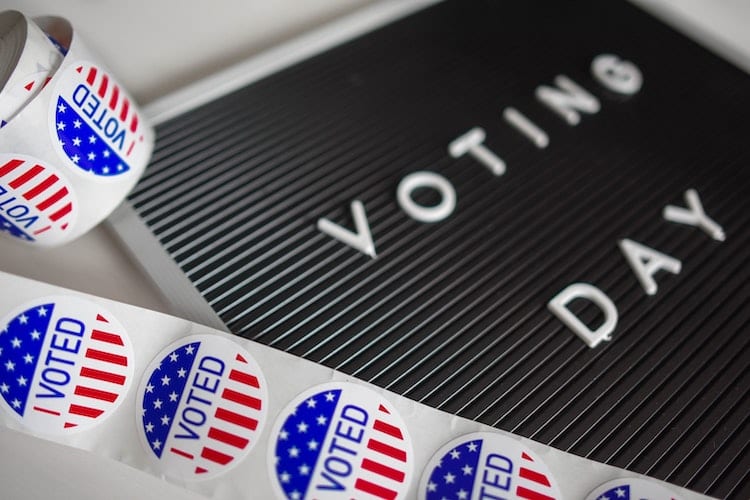Election Officials and How to Become One

Election Day shines the spotlight on America’s presidential candidates, but the true stars of any election are the election officials, the staff at polling locations that keep things running smoothly. Elections are a logistical nightmare and would be nearly impossible without people working the polls.
What do Election Officials Do?
Election officials go by many different names in different places. Some areas call them election inspectors, judges, clerks, or poll workers, but the general job is usually the same. These election officials have a number of responsibilities before and on Election Day.
Some states offer voter registration on Election Day, and election officials handle that process. Everywhere else, officials answer voters’ questions, provide ballots, and monitor how the election is conducted. Election workers show up a few hours before polls open to set up and check the equipment, a process that’s ever-changing as states move between paper and electronic ballots.
The job naturally has a few differences from typical work. Officials work twice a year – for the primary and general elections – but have long days. The average poll worker starts around 6 a.m. and works past 7 p.m. In some areas, poll workers have to identify with a political party to ensure fairness on both sides. This year, poll workers will also be responsible for sanitizing polling places and ensuring social distancing is in effect.
For a deep dive into the work of an election official, you can check out the New York City Board of Elections’ Poll Worker Manual.
How To Become an Election Official
Every state has slightly different rules on who can be an election official. Teenagers as young as 16 can serve as election officials in some states, while others require poll workers to be at least old enough to vote themselves. Certain states require officials to work at a polling location in their home precinct, while others allow poll workers to move anywhere within the state.
The U.S. Elections Assistance Commission compiled the requirements for election officers in every state, so you can check out the rules for where you want to work.
Even how poll workers are selected is different in many places. Generally, you can sign up by going to your local elections office.
Elections officers are often paid for their time both at the polls and training, but some areas only take volunteers. In some areas, the pay is an hourly wage while others offer stipends. Share on X The best way to learn more is to reach out to the board of elections or elections office in your area to get info specific to you!
The Bottom Line
Election officials are crucial to an election running smoothly and fairly. This year amid the coronavirus pandemic, states are looking for greater numbers of young people to work the election to protect the older people who usually work as officers. Regardless, many polling locations need all the help they can get before election day, which is fast approaching. More Americans are voting by mail than ever before, but millions will still physically go to the polls.









